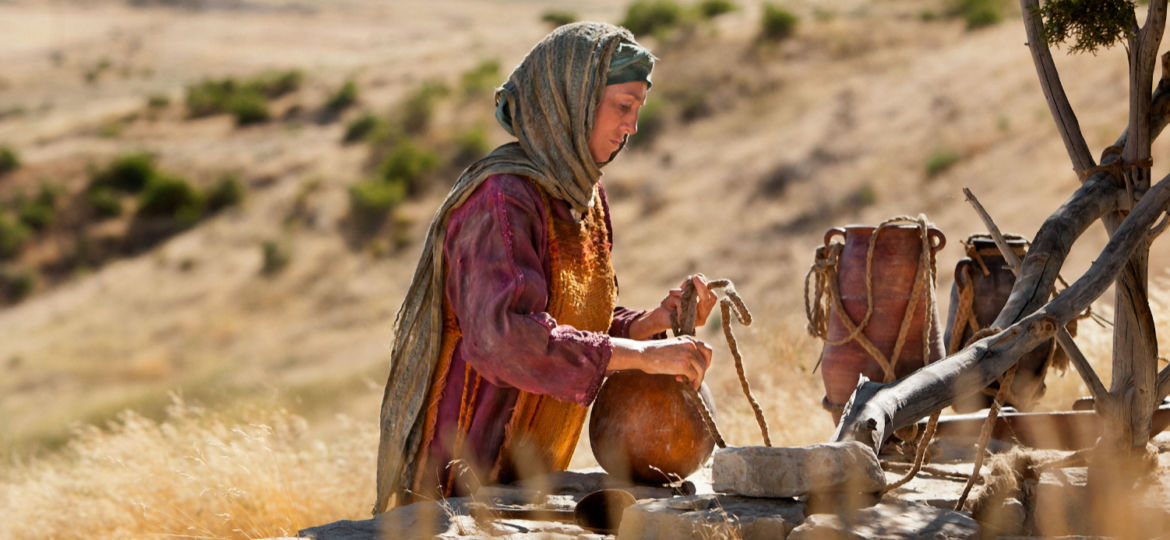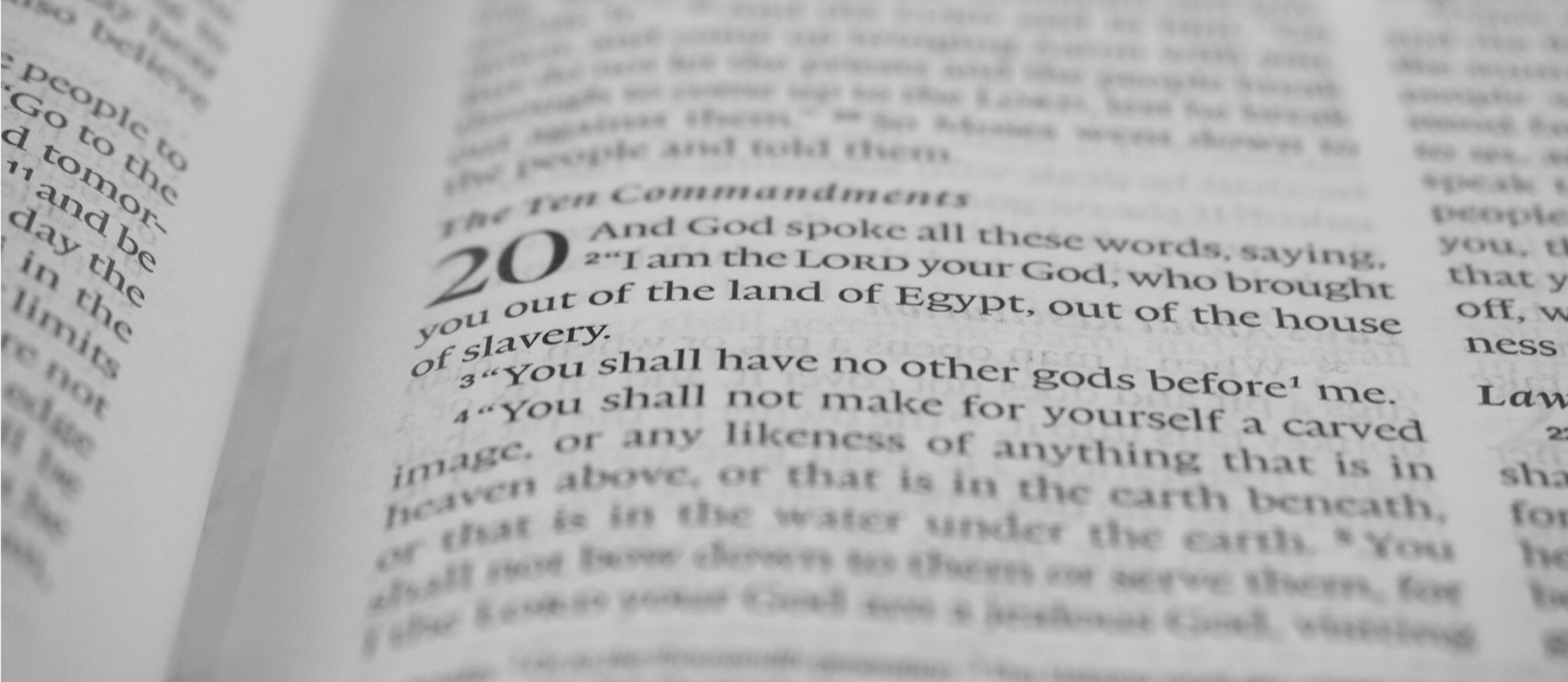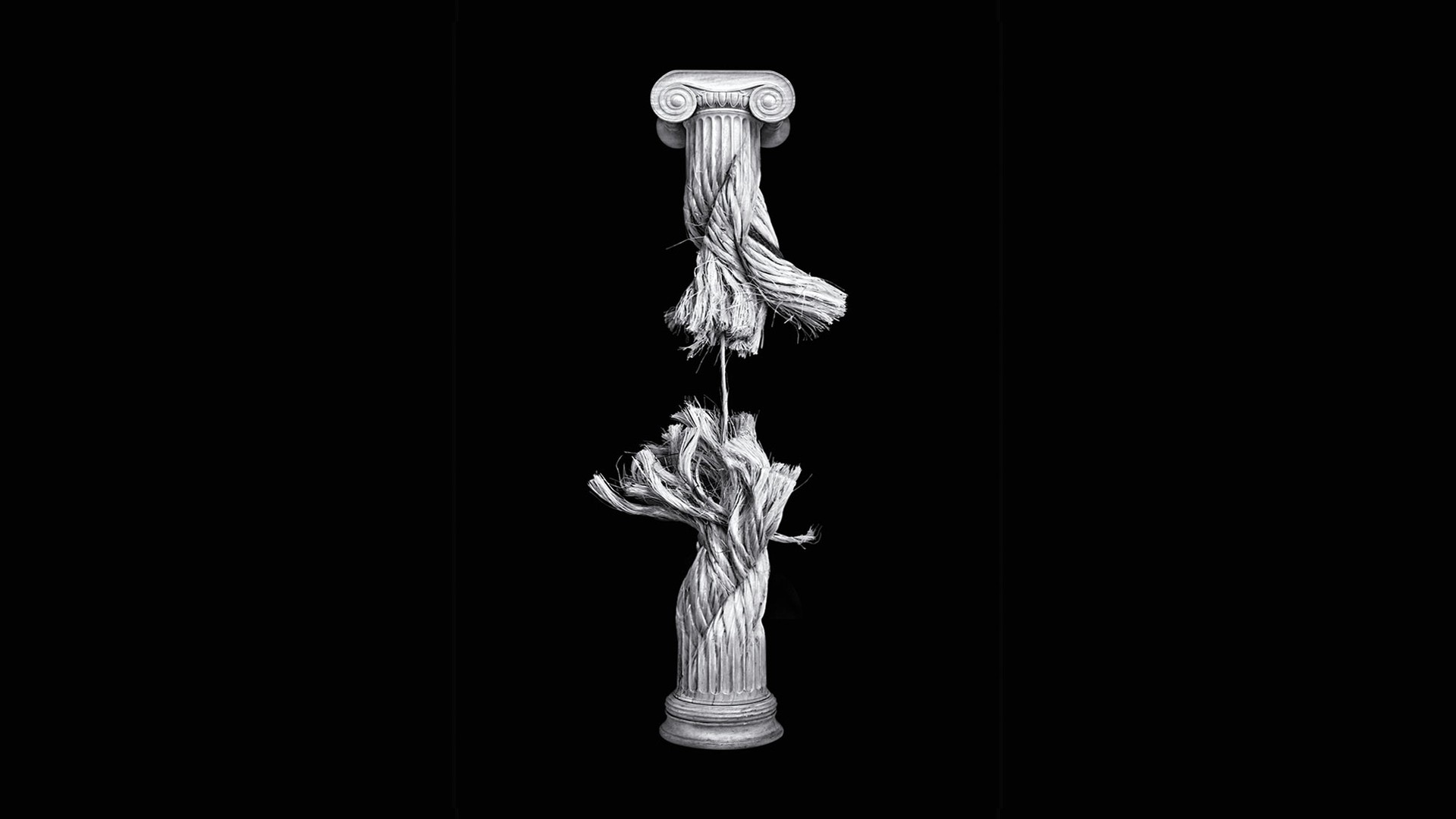
Location of the encounter
The account of Yahshua’s interaction with the Woman at the Well in John 4 occurs at Jacob’s Well in Sychar, which is located just outside of Shechem (John 4:5-6, Genesis 33:18-20).
It was at Shechem, many years prior to this event, that the nation of Israel renewed its covenant with God, committing to worship Him exclusively (Joshua 24).
This article looks at the link that exists between these two events, and its application for us today.
The water source
Yahshua initiated the exchange between Himself and the woman by asking the woman for a drink (John 4:7). As no one can come to the Father unless He draws him (John 6:44), we see Yahshua drawing the woman to Himself.
Though it was Yahshua who asked the woman for a drink it is the woman who is thirsty (John 4:15).
Thirst is one of the most powerful natural appetites.
Thirst symbolises one’s spiritual desire to express righteousness
(Psalm 63:1, Matthew 5:6).
To satisfy her thirst the woman was drawing water from a deep well. This illustrates two things:
- Drawing water from a deep well requires work in order to access it – as opposed to the “Living Water” which is likened to a spring of water welling up – it is freely given.
- The well was deep within the earth. As man is formed of the dust of the earth (Genesis 2:7) this represents that she was seeking to satisfy her thirst by relying on her flesh nature.
This is why Yahshua said that whoever drinks of this water (obtained from the well) will be thirsty again (John 4:13) – as righteousness (the satisfaction of our thirst) can not be obtained through the reliance on our own strength. On the other hand, the water Yahshua freely gives forever satisfies.
Why was the woman thirsty, what was the cause of her thirst?
In answer to the woman’s request for access to the Living Water, Yahshua tells her to call her husband (John 4:16). Here we see Yahshua linking the ability to access the Living Water with the woman’s marital state. The woman responds by stating that she has no husband (John 4:17), hereby indicating that her previous husbands, and current partner, have not satisfied her.
A recurring theme in the Bible is that marriage covenants were initiated at wells, examples include:
- Jacob watered the sheep that Rachel was tending (Genesis 29)
- Moses watered the flock of the seven daughters of the priest and received Zipporah to wife (Exodus 2:11-22)
Symbolically, what we see happening here at the Well of Jacob in Sychar is that Yahshua, by drawing the woman to Him, is willing to enter into a covenantal relationship with the woman, thereby satisfying her thirst which her previous husbands have been unable to do.
Who is the woman, and what does she represent?
It is a common interpretation that this woman was an immoral woman, having had five husbands and now living with a sixth outside of wedlock. Such a woman would be despised for her loose living. However, this idea conflicts with the fact that the woman did have some kind of social standing as when she spoke to her town’s people they listened to her and heeded her words (John 4:28-30).
Perhaps the description of her having had five husbands contains a deeper meaning?
The woman is an Israelite as she descended from Jacob (John 4:12). She is from Samaria and therefore a Samaritan (John 4:9). The woman therefore represents the nation of Israel.
Who do the woman’s five husbands and sixth partner represent?
In 722BC most of the Israelites in Samaria were taken captive by the King of Assyria and sent into exile (2 Kings 17:6-7). The Assyrian King then resettled the region with five groups of people who each retained the worship of their own god whilst also worshipping the God of Israel (2 Kings 17:24, 33).
The Samaritans were therefore religiously impure. The Samaritans had distorted their worship of the God of Israel by not worshipping Him exclusively. For this reason those Israelites from the region of Judea, the Judeans, would have no dealings with them (John 4:9).
As the Samaritan woman represents the nation of Israel her five husbands represent the idolatrous covenants Israel had made with foreign gods – illustrated by the five groups who resettled Samaria.
At the time of the encounter the woman was living with a sixth man, one who was not her husband. This represents the power of Rome, under which Israel was subject at the time of the encounter.
By living with this sixth man she was seeking his protection and provision. However he is not committed to her – as evidenced by their unmarried state. Once again, this left the woman unsatisfied and “thirsty”.
The woman was aware that the Messiah was coming (John 4:25). However, due to her distorted worship (John 4:22), she was not able to recognise Him – she did not “know” that Yahshua was the “Gift of God” who provides the “Living Water” through which her thirst would be forever satisfied (Isaiah 9:6, John 3:16, John 4:10).
As Christians we are also aware that the Messiah is coming. However will we recognise Him when He appears? Or has our ability to recognise Him also been compromised like that of the Samaritan Woman through our own distorted worship?
Distorted Worship today
Our society today has turned its back on the Laws of God. It has moved away from its Christian foundation. By rejecting the Laws of God and establishing competing and opposing laws we effectively worship another god – as we look to this god for our progress and provision, it becomes our husband.
God provides government to administer His Law. When government administer’s God’s Law the Kingdom of God is manifested, Living Water flows, His righteousness is established, God is glorified and the nation is blessed.
By rejecting God’s Law one is no longer manifesting His Kingdom.
By administering another law government becomes another god – another husband. This rejection of Yahshua causes thirst. Instead of turning to Yahshua to satisfy its thirst society seeks this from its new god/husband. To illustrate, some examples
- Counteracting the effects of drought and disease through genetic engineering in order to create drought and disease resistance.
- Building walls and larger military to defend borders, militarising police forces to preserve the peace.
- The creation of, and reliance on, a social welfare state in order to mitigate the effects of family breakdown and economic inequality.
- The creation of an increased number of hospitals to treat the increasing amount of degenerative disease, worn out body parts etc
Just as the Samaritans in their day were not able to recognise Yahshua as the “Gift of God” because of their distorted worship, so we too run the very same risk.
The nature of True Worship
When we see that the woman’s husbands/partner represent the idolatrous covenants the nation of Israel have made, we can understand how the account flows naturally from addressing the woman’s husbands to the nature of true worship.
Worship is the expression of relationship. When we worship we make a statement. By worshipping God we express that He is our God and we are His people, thereby making a covenant.
To make a covenant is therefore to worship, and to worship is to make a covenant.
By worshipping other gods in addition to the God of Israel the Samaritans had distorted their true worship. This affected their ability to see and recognise the “Gift of God” and thereby prevented their access to the “Living Water”.
The God of Israel is a jealous God. He is to be worshipped exclusively (Exodus 34:14).
How does this principle apply to our lives today?
Yahshua gave the answer when he explained to the Samaritan Woman the nature of True Worship in John 4:23-24.
By stating that true worshippers will worship the Father in spirit and truth, Yahshua was echoing the words that Joshua made at the same location all those years before, where he admonished Israel to serve the Lord in sincerity and faithfulness – through the putting away of their foreign gods and inclining their heart to the Lord, the God of Israel (Joshua 24:18).
Joshua 24:15 indicates that it is imperative that a choice needs to be made between following the Lord or following another god.
In the days of Joshua Israel chose to follow the Lord (Joshua 24:16-25).
The Samaritan Woman also made this same decision – evidenced by leaving behind her water pitcher. She had found her true Husband, the source of “Living Water” therefore she no longer needed her water pitcher.
Let’s meditate on how we, through our societies collective departure from the laws of God, have distorted our worship of the true God. Which steps must we take to return to worshipping in spirit and truth?
We find no evidence in scripture that we are to reform the false gods of our day. Instead they must be put away and left behind.
One can’t drink from two sources at the same time. Let us therefore no longer place our trust and confidence in the promises of our false gods today. Instead let us follow Yahshua fully, fixing our eyes on Him in order that we can drink of the Living Water that He provides, thereby experiencing the power of His Kingdom today.




